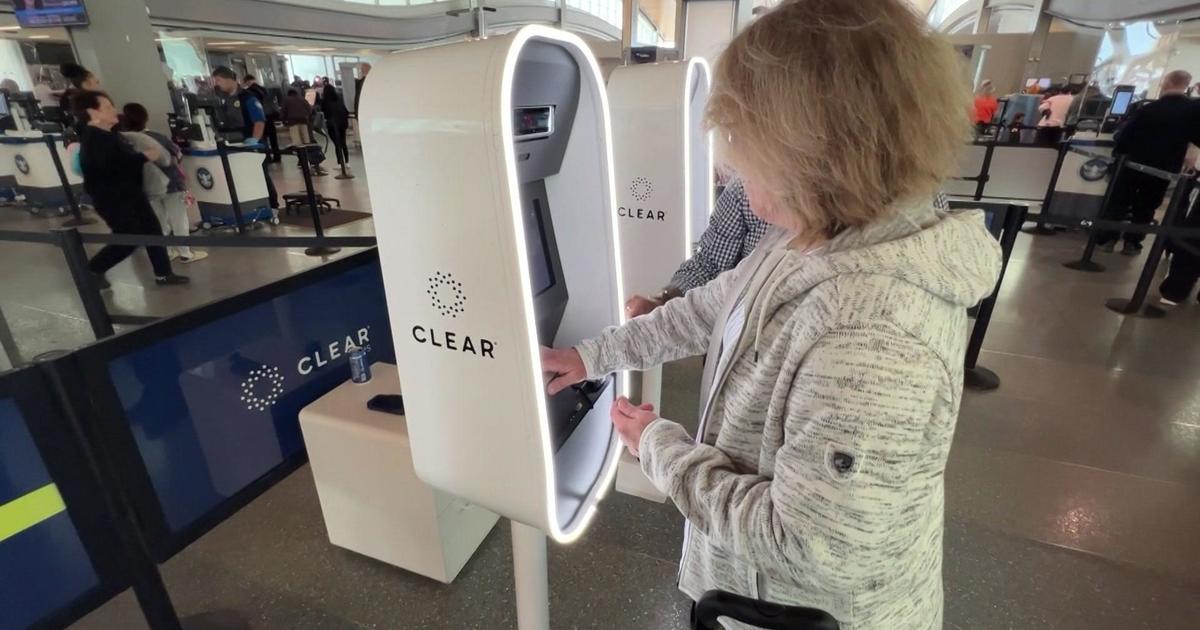Proposition 16: Allows Diversity As A Factor In Public Employment, Education And Contracting Decisions
Proposition 16 permits government decision-making policies to consider race, sex, color, ethnicity, or national origin in order to address diversity by repealing constitutional a provision prohibiting such policies. The effects of the measure depend on the future choices of state and local government entities and are highly uncertain.
A yes vote would mean that state and local governments could consider race, sex, color, ethnicity, and national origin in public education, public employment, and public contracting to the extent allowed under federal and state law.
A no vote means the current ban on the consideration of race, sex, color, ethnicity, and national origin in public education, public employment, and public contracting would remain in effect.
Background
If approved, Proposition 16 would repeal a 1996 initiative that made it unlawful for California's state and local governments to discriminate against or grant preferential treatment to people based on race, ethnicity, national origin, or sex. Then-Gov. Pete Wilson, a Republican, championed the measure as part of his conservative bid for the presidency.
The California of 2020 is less Republican and more diverse than it was 24 years ago, with Latinos making up 39% of the population in a state where no group holds a majority.
Still, the repeal might not have made the ballot if not for the Memorial Day police killing of George Floyd while handcuffed by police in Minneapolis. Voters' decision will test support for the ensuing Black Lives Matter movement.
The U.S. Supreme Court has long outlawed racial quotas but has ruled that universities may use tailored programs to promote diversity.
Last year, a federal judge in Boston rejected claims that Harvard's admissions policies discriminated against Asian American applicants to keep their numbers artificially low. The plaintiff, the Students for Fair Admissions group, is appealing.
In 2014, activists scuttled an attempt to restore racial preferences in higher education and successfully voted out some Asian American legislators they called traitors to their race.
Supporters say minority- and women-owned businesses have missed out on public contracting dollars. Because of the ban, culturally specific programs aimed at improving high school graduation rates for African American boys and Latinas were discontinued, deepening divides.



